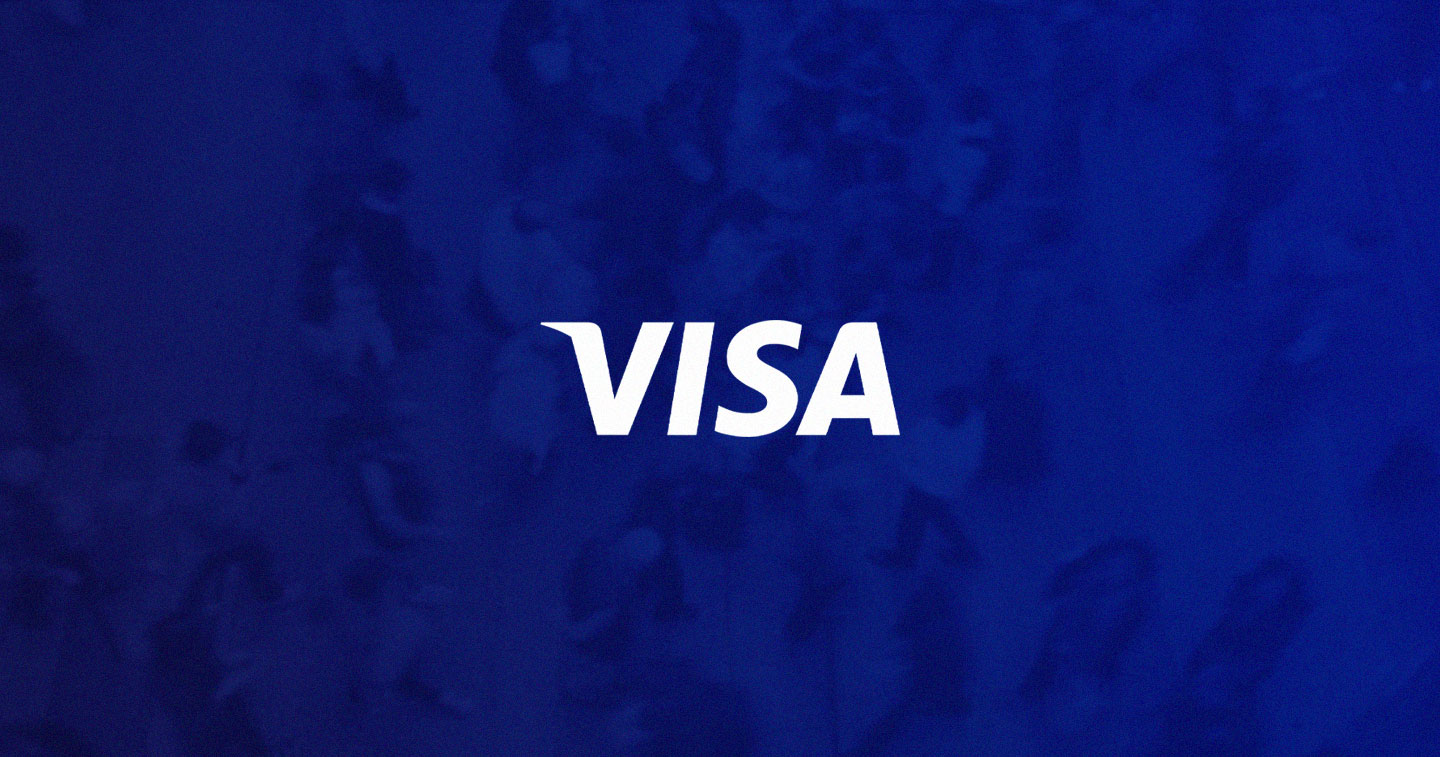MANILA, PHILIPPINES — With digital evolutions happening at lightning speed, the finance industry is at the helm of dynamic movement and innovation. Yet innovation doesn’t just begin and end with technological advancements; many times, true innovation has to offer a change of perspective. And in an age of sustainability — of planet, processes, and people — this change is always a call to do better.
One of the world’s leading payment powerhouses, Visa, has strengthened its positioning as a brand that uplifts everyone everywhere, by being the best way to pay and be paid. To continuously innovate in shaping commerce and how people move money around the world, yet inclusive by ensuring no one is left behind.
 The idea of doing good business through business for good is not new. However, when a decades-old powerhouse like Visa raises the alarm, you can be certain that a restrengthening of purpose is going to be more than just lip service: This is the strengthening of Visa’s culture of inclusion. A culture that commits to sustainable efforts, responsible operations, and equality in the workplace every day.
The idea of doing good business through business for good is not new. However, when a decades-old powerhouse like Visa raises the alarm, you can be certain that a restrengthening of purpose is going to be more than just lip service: This is the strengthening of Visa’s culture of inclusion. A culture that commits to sustainable efforts, responsible operations, and equality in the workplace every day.
As a tech company, innovation has always been at the core of Visa’s brand purpose. One of the largest electronic payments network in the world, it leverages the ability to guide how people use and move money in over 200 countries — connecting the more than 80 million merchants as payment points for more than 3.7 billion cards, as well as uplifting many less-serviced communities the world over. Digital money movement has the power to bring more consumers and businesses into the formal financial system. When individuals and businesses are connected to the Visa network to buy or sell, they’re directly plugged into the global commerce ecosystem.
Picture this: 90 percent of businesses are owned by small-medium enterprises (SMEs), which contribute to 40 percent of the world’s GDP. Many of these SMEs are more traditional in their processes: the decades-old mom-and-pop shops, artisans from rural areas, and young entrepreneurs operating out of their homes. Add to that the fact that in many Asian countries such as the Philippines, credit card penetration remains modest.

Visa bridges the gap by enabling companies to offer payment solutions and offer SMEs electronic payment options. It also empowers startups to level up and reach a wider audience, including those who are themselves providing solutions which bridge small and micro businesses with consumers in more efficient and effective, mostly digitized, ways.
Take for example the Visa Everywhere Initiative program, which is an open innovation program that helps startups unlock new opportunities — and gives winners a global platform to demonstrate their ground-breaking solutions. The program first launched in the US in 2015, and quickly expanded into a global program. To date, nearly 8,500 startups have participated, and have collectively raised more than $16 billion in funding.
A culture of inclusion becomes more comprehensive when it provides sustainable empowerment support where it is most needed. All around the world, Visa has worked with organizations and government institutions to help people land on their feet, especially in the pandemic. To help provide relief to small businesses, in 2020 Visa Foundation made a commitment of two programs totaling $210 million to support small and micro businesses globally, aligning with the foundation’s long-term focus on women’s economic advancement and inclusive economic development, and to address an urgent need from local communities following the spread of Covid-19.
The first program of $10 million is designated for immediate emergency relief to support charitable organizations on the frontlines responding to the Covid-19 pandemic, such as public health and food relief, in each of the five geographic regions in which Visa operates. The second program is a five-year, strategic $200 million commitment to support small and micro businesses around the world, with a focus on fostering women’s economic advancement.
Looking ahead in the Philippines, Visa stands ready to continue supporting the shared commitment to growing the digital economy that is inclusive for everyone. From its research, seven out of 10 consumers expect the Philippines to be a cashless society within the next seven to 10 years, accelerated by Covid. More than 80% of consumers have attempted to go cashless i.e. carry no cash, and rely on other payment methods. Among those who have never tried to go cashless, there is growing confidence to get by without cash, for even longer periods of time. While digital and contactless payments are becoming more the norm for many people, it still hasn’t become a habit yet – and that’s something Visa is working hard on with all stakeholders to change, in various forms and methods, towards a shared cashless society vision.
By connecting millions of people around the world every day, Visa plays a crucial role in stimulating global economic growth. Ultimately, it continues to strive to be a force for good that advances inclusive, equitable and sustainable economic growth for everyone, everywhere.












